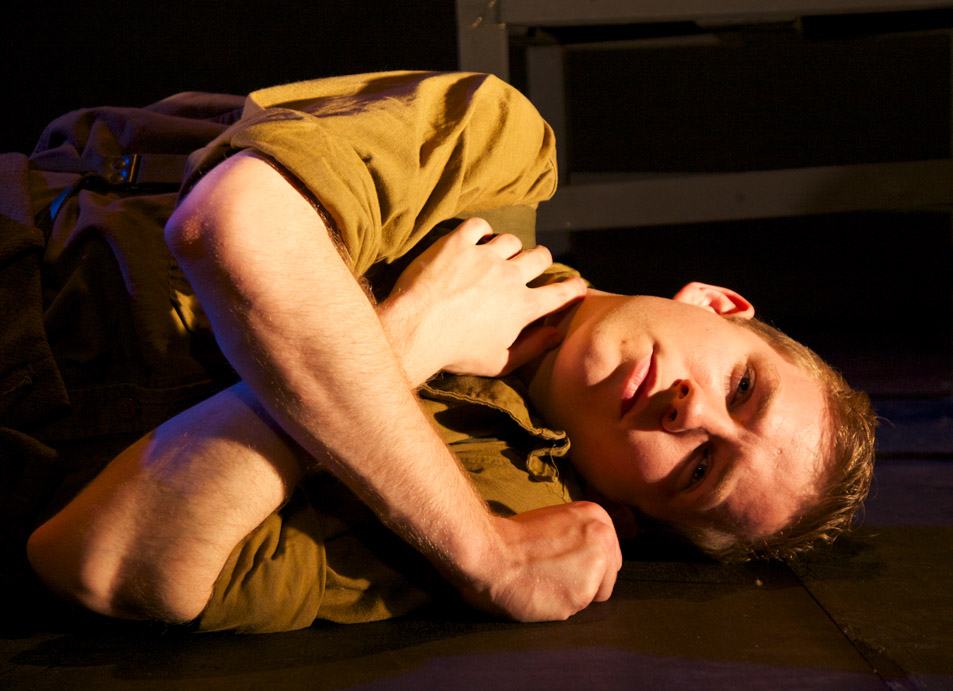Eight and a half million men lost their lives during the First World War. What is not often mentioned is that a further 21 million were wounded.
American Oscar-winning screenwriter and novelist Dalton Trumbo had his anti-war novel Johnny Got His Gun published two days after the outbreak of the Second World War. He had been inspired by an article that had reported the Prince of Wales’ visit to a Canadian veterans hospital to see a soldier who had lost all his limbs, face and senses following an explosion during the First World War, yet remained alive. The book appealed to the American political left who were opposing military involvement two years before the United States finally joined the war.
The powerful story of the fate of soldier Joe Bonham still stands as a pacifist warning of political failure. On another level it is an uncomfortable personal journey down an avoidable path of physical destruction and mental anguish. Just how much of yourself can you lose before your humanity is extinguished? Joe takes us inside the prison that is the remains of his body after being hit by a shell, which removes his face and leads to multiple amputations. This is what war really is like. Trumbo does not want us to forget it.
Theatre production company Metal Rabbit produced the UK premier of the stage version of Johnny earlier this year at the Southwark Playhouse, and it continues here, well supported at The Brewery Theatre Bristol. Originally adapted for stage by Bradley Rand Smith, the play provides a foil for the gentile statement offered by the ceramic poppies at the Tower. Rather than wallowing in a sentimental aesthetic, Rumbo’s illustration of remembrance is all about torn flesh, a body reduced to its bare beating minimum – a living entombment, and endless physical and mental anguish.
Kaffe Keating plays Joe in a powerful solo portrayal of the American soldier’s terrible ordeal. Directed by Fringe First winner David Mercatali, Keating steers us through Joe’s nostalgia – his mom, his dad, his girl, his town, before in sudden colder light he is Joe, the multiple amputee with a mask for a face and struggling for life like a chopped earthworm.
Keating holds us for over an hour, with just himself, some lighting and a bare stage save a single chair to fall back on. The surprise in the performance is the tenacity Keating gives Joe’s desperate attempts to hang on to a sanity of sorts, finally to communicate with the only thing left that moves – his head, tapping morse code on to his pillow. But there is final anguish in that his one beseeching request for validation is refused. Joe wants to be the equivalent to the fourth plinth in Trafalgar Square; to be ‘shown’ at parliament to MPs before they vote for war; to be the reality little brother to us all. But governments will always paint with the heroism brush to fulfill their call-ups. Johnny Got His Gun takes us behind that mask, behind Joe’s mask, to reveal and remind us of something far less appealing. ★★★☆☆ Simon Bishop 4/12/14


